I pretend to be a bird on the internet. He/Him
- 9 Posts
- 14 Comments

 1·1 year ago
1·1 year agoNot at all; as stated in my comment, the debate is not about whether a given creature experiences pain and works to avoid suffering, but rather where you draw the line on what level of suffering is acceptable. I personally avoid buying meat products from the store because I feel that factory farms are inhumane and unsustainable, but I’m willing to and do raise and harvest meat birds for my own consumption.
Judging by your comment history, you do eat plant-based, and that’s pretty cool. I encourage you to share some of your favourite plant-based recipes in this community :)

 10·1 year ago
10·1 year agoPlants probably also feel pain then, considering that they modify their behavior after injury, seek to avoid them, and chemically communicate with other plants to protect themselves. Life is life, no matter if it’s speaking, clucking, mooing, or photosynthesizing, it’s just a matter of where you draw the line.

 8·1 year ago
8·1 year agoA reminder to be(e) nice; we all come from different backgrounds, and launching ad hominem attacks is ineffective in getting people to consider your arguments.

 122·1 year ago
122·1 year agoWhen organizations mess up, why is their first response to the critique to say “Why didn’t you come to us first?” when they really mean “Why did you make this public so we actually have to do something?”
I get really frustrated with the response because it doesn’t come across as a company actually interested in improving, but just throwing accusations back and trying to beg off the responsibility of actually holding themselves accountable.

 2·1 year ago
2·1 year agoI recently learned that you can grill it and I am very interested in trying it out, maybe this year!

 3·1 year ago
3·1 year agoI hope that the main takeaway from people here is not to cut funding/grants to farms, but rather to revise them as the article states in order to incentivize growing healthier food options.
How does the taste/feel compare to TVP (textured vegetable protein)? TVP has a sponginess that is slightly unpleasant to me, but I’ve seen some promising advancements in plant-based meat replacements that gives them a texture closer to animal meat.

 3·1 year ago
3·1 year agoI like kitchen gadgets that serve multiple purposes, so the crockpot and air fryer I have are some of my favourites and see regular use, while my immersion blender that I was so excited to use hasn’t even been plugged in… When it comes to cooking I feel like the gadgets and cookware don’t get me as excited as getting to use a special ingredient or new recipe.

 2·1 year ago
2·1 year agoMy tomato plants are ready to harvest, so I’ve been making a lot of toasted tomato sandwiches and tomato soups!

 2·1 year ago
2·1 year agoGot a recipe you’re using? I’ve never intentionally made vinegar, but looking to get into pickling this year

 3·1 year ago
3·1 year agoJust started my first playthrough recently, should be exciting to have even more stuff to discover!

 1·1 year ago
1·1 year agoYeah I’ll rinse and wipe down the inside, but that doesn’t need soap.

 6·1 year ago
6·1 year agoI’ve eaten and cooked with cricket flour! It’s honestly no different than most powdered protein supplements, and has a mild nutty taste that is unnoticeable or pleasant. As the article mentions, it’s great in pancakes and pastas! I expect that as climates and food availability changes, many more people will be including alternate protein sources in their foods!
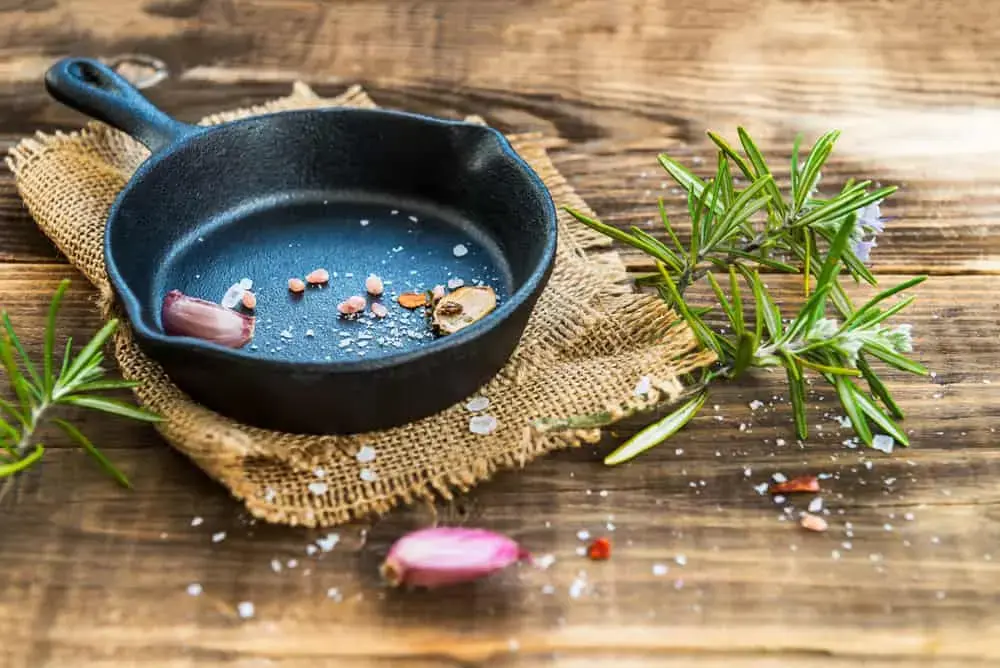
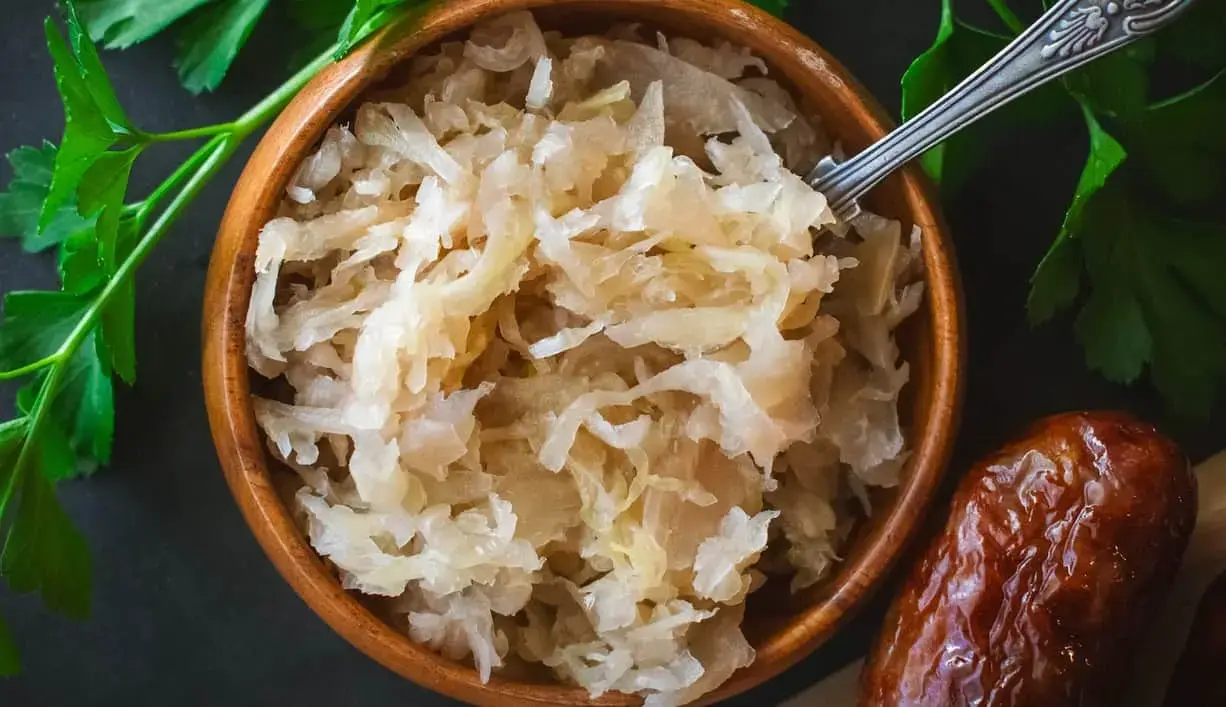
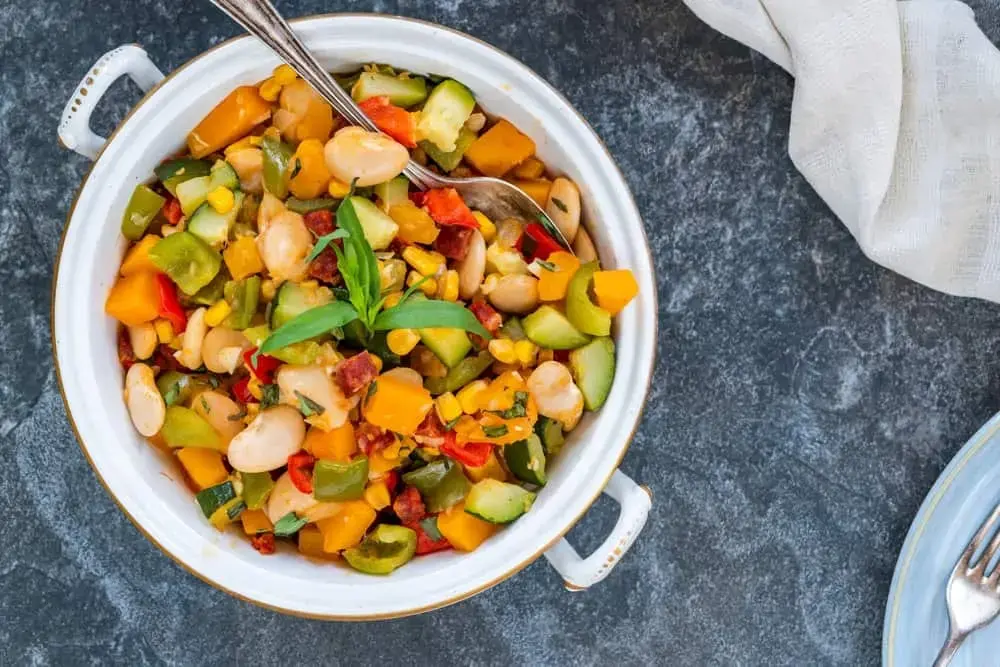
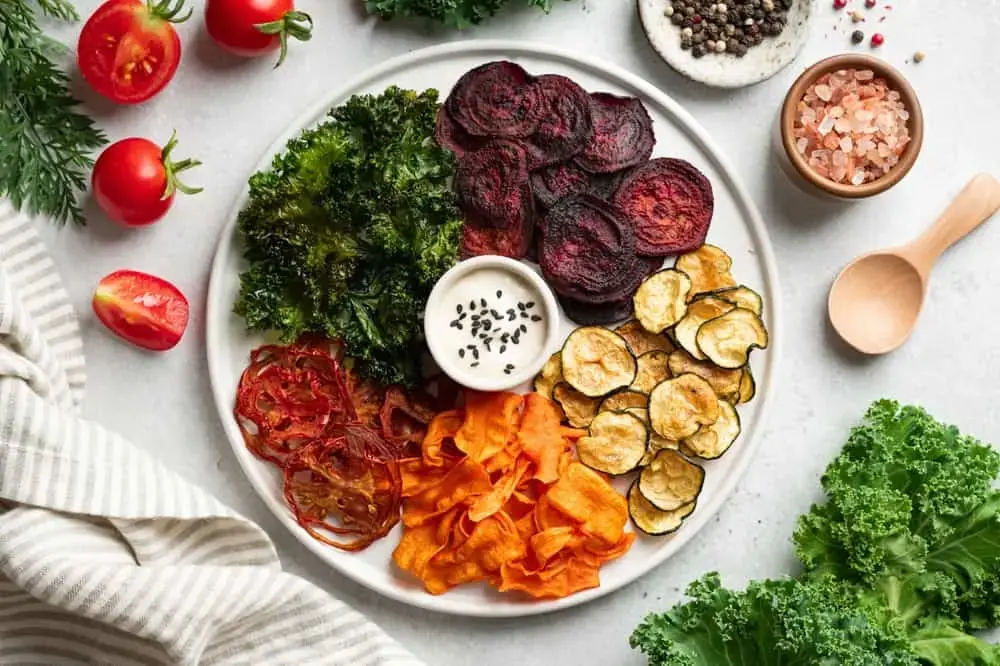
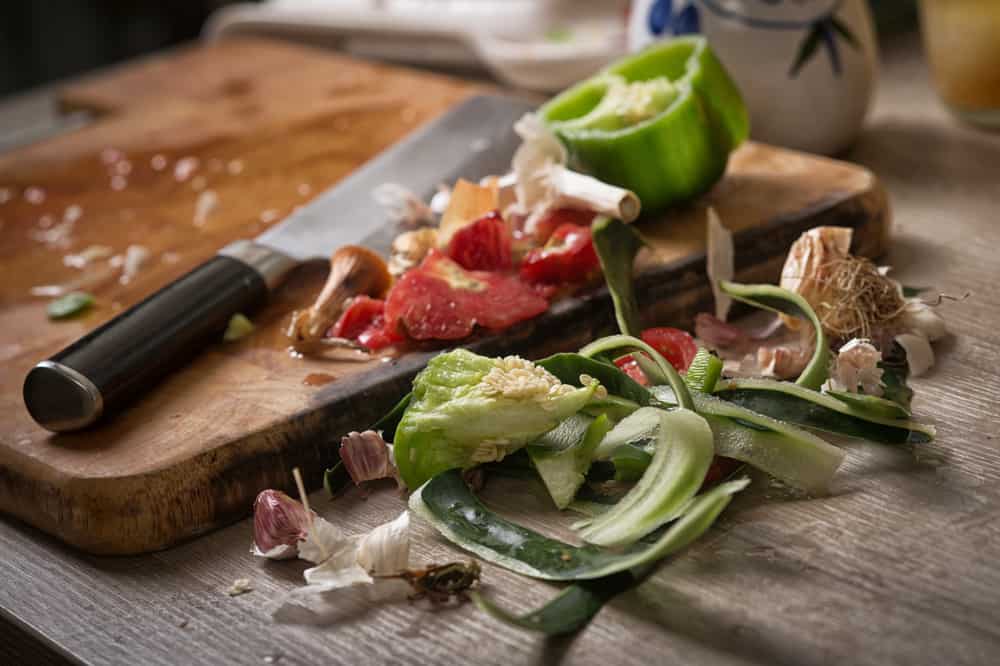

I appreciate your engagement in this discussion, but I’d like to address your points as I feel like I didn’t make my first point about plants feeling pain as well as I could:
Firstly, it’s important to clarify that the argument I presented isn’t about how similar creatures look to us, but rather about the ethical framework we use to assess suffering. The term “speciesism” is often used to criticize differential treatment based on species, and it’s a valid concern. However, drawing a moral line isn’t necessarily about appearance; it’s about recognizing the capacity for suffering and the moral responsibility that comes with it.
You mentioned that pain requires perception, and we lack a definitive test for an inner listener. This is a valid point, and it’s why the debate surrounding the sentience of plants is ongoing. While we don’t have concrete evidence of plant consciousness as we do for animals, it’s also worth acknowledging that our understanding of consciousness is still evolving.
Regarding behavior, you rightly point out that some birds exhibit complex behaviors, including language. This complexity raises important questions about the moral implications of causing harm to such creatures. The issue at hand is complex and nuanced; we can differentiate between beings with different cognitive capacities and still recognize the moral imperative to minimize suffering across the board.
The point of discussing plants in this context is not to “win an argument” but to emphasize that the question of suffering is multifaceted. It’s a way to provoke thought about where we draw the line and whether our current practices align with our moral values. While we may not have all the answers, it’s important to engage in these discussions to encourage more ethical and sustainable choices.
The intention here is not to rationalize cruelty but to foster a deeper understanding of the complex ethical considerations surrounding our treatment of all living beings. These discussions can help us evolve our practices and make more informed choices about our impact on the world around us.